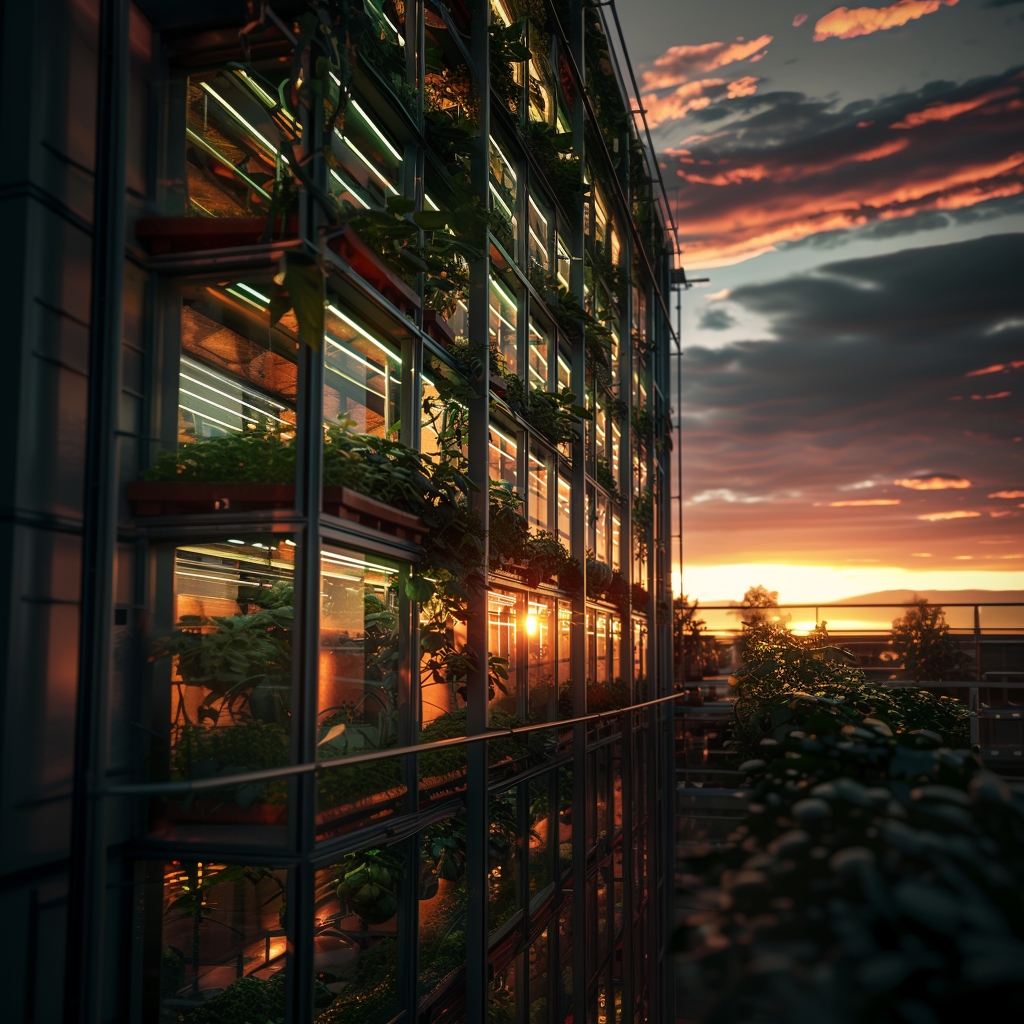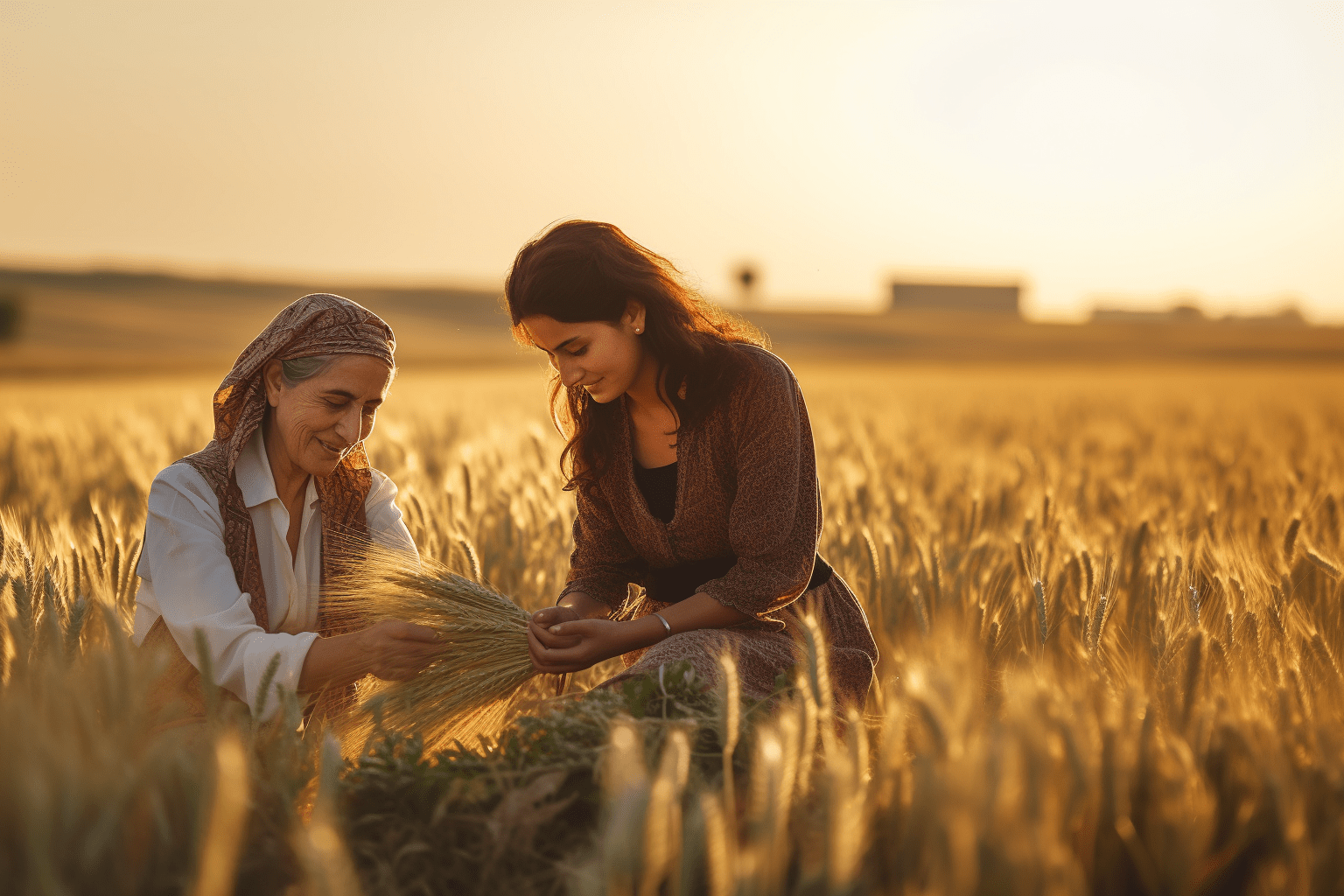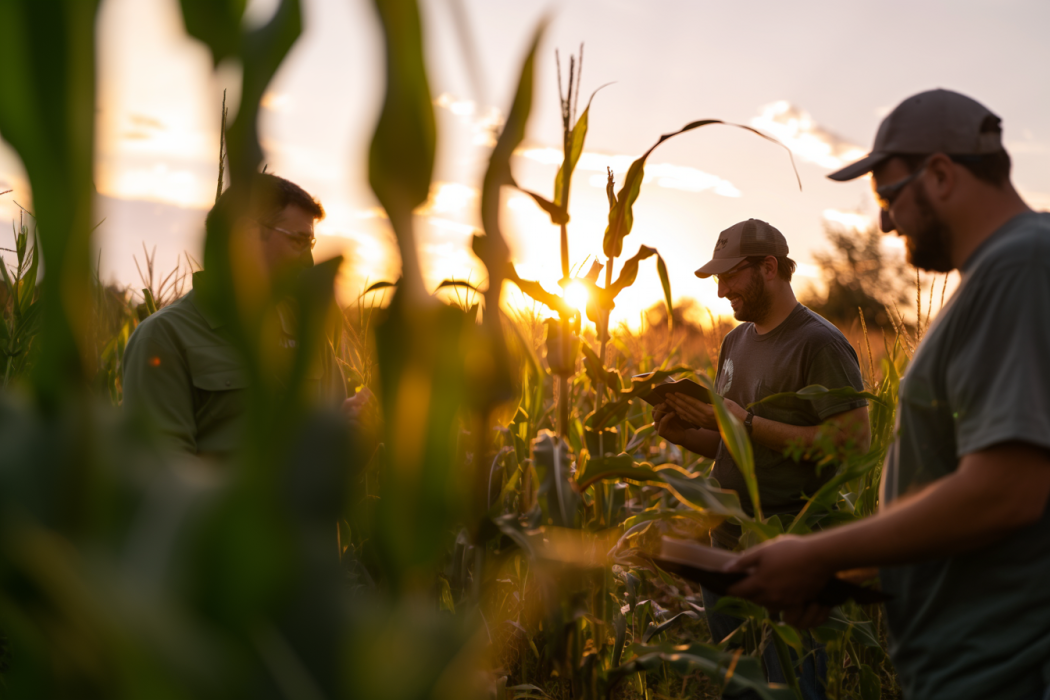- Home
- Following the Soil
- Smart agriculture and more
Smart agriculture and more

It is often said that the future of agriculture lies in smart agricultural practices. So, what does smart agriculture mean? What are smart agriculture practices? How do these practices transform traditional agriculture?
The main purpose of smart agriculture, which means integrating artificial intelligence, the Internet of Things (IoT), robotics and other technologies into agriculture to realize production more effectively, is to make it possible for the products produced to gain richness in terms of quality and quantity. When we take a closer look at the technologies adapted to traditional agricultural methods, we see that they range from data analysis techniques to applications that provide location data such as GPS, sensors that enable the measurement of critical values of elements that can be listed as the main component of agriculture, and autonomous tractors.
All of these enable data collection on a scale that is not possible in traditional agriculture, enabling choices to be made to maximize the yield from the soil. With 24/7 data flow, it is possible to obtain systematic information on the state of the soil. Thanks to these large data sets, which could not be obtained in the past, the amount of many variables, from the fertilizer to be used to the pesticides to be applied, can be determined in a way to obtain the highest quantity and quality of products. Since it is also much easier to predict potential problems and take measures to prevent them, the production process is carried out with minimal losses. In greenhouses, where smart agriculture is widely used, producers can take advantage of the prediction and pre-intervention advantages offered by new technologies and complete many processes that have been carried out with naked observation until now, thus causing loss of labor and energy, in a much more effective way.
With these features, smart agriculture applications are of great importance to ensure the sustainability of agriculture. Thanks to these applications, a significant amount of energy can be saved by accessing data on a scale that was previously impossible to obtain, the transformation of the soil and the necessary substances can be determined, and steps that may harm the ecological balance, such as the use of excessive pesticides, can be prevented. Thus, a more sustainable agricultural practice becomes possible.
SMART AGRICULTURE PROJECT FROM IGSAS: TOYGAR
Operating with half a century of experience in the sector, İGSAŞ continues to work on agriculture in Turkey with technological approaches and innovative methods. The prototype named İGSAŞ TOYGAR, a field robot-ground vehicle produced within the scope of the smart agriculture project realized by İGSAŞ, was registered by the Turkish Patent Institute. TOYGAR, implemented by İGSAŞ R&D Center, will support many agricultural activities.
WILL SERVE AGRICULTURE
AHMET AKBULUT | R&D CENTER UNIT MANAGER
We are working with the team we established with our Gulf and Antalya branches for İGSAŞ TOYGAR. We have determined the work we will do through TOYGAR together and we continue with consultation. We aim to serve Turkish agriculture with this prototype within the scope of farmer-oriented activities. According to the data we receive as a result of our activities with these prototypes, advanced versions of the vehicles and the development of the areas of activities will be provided. In addition to the patent for the prototype, it is also planned to carry out article and publication studies.
WHAT WILL TOYGAR DO?
Agricultural phenological observation (Plant development monitoring with camera and irrigation detection, plant disease detection...)
Leaf sampling
Soil sampling and fertilizer selection according to the results
Pest (pest, mouse...) detection
These activities, which will be carried out by identifying pioneer farmers in the first stage, will be transferred to the application with the artificial intelligence method.

